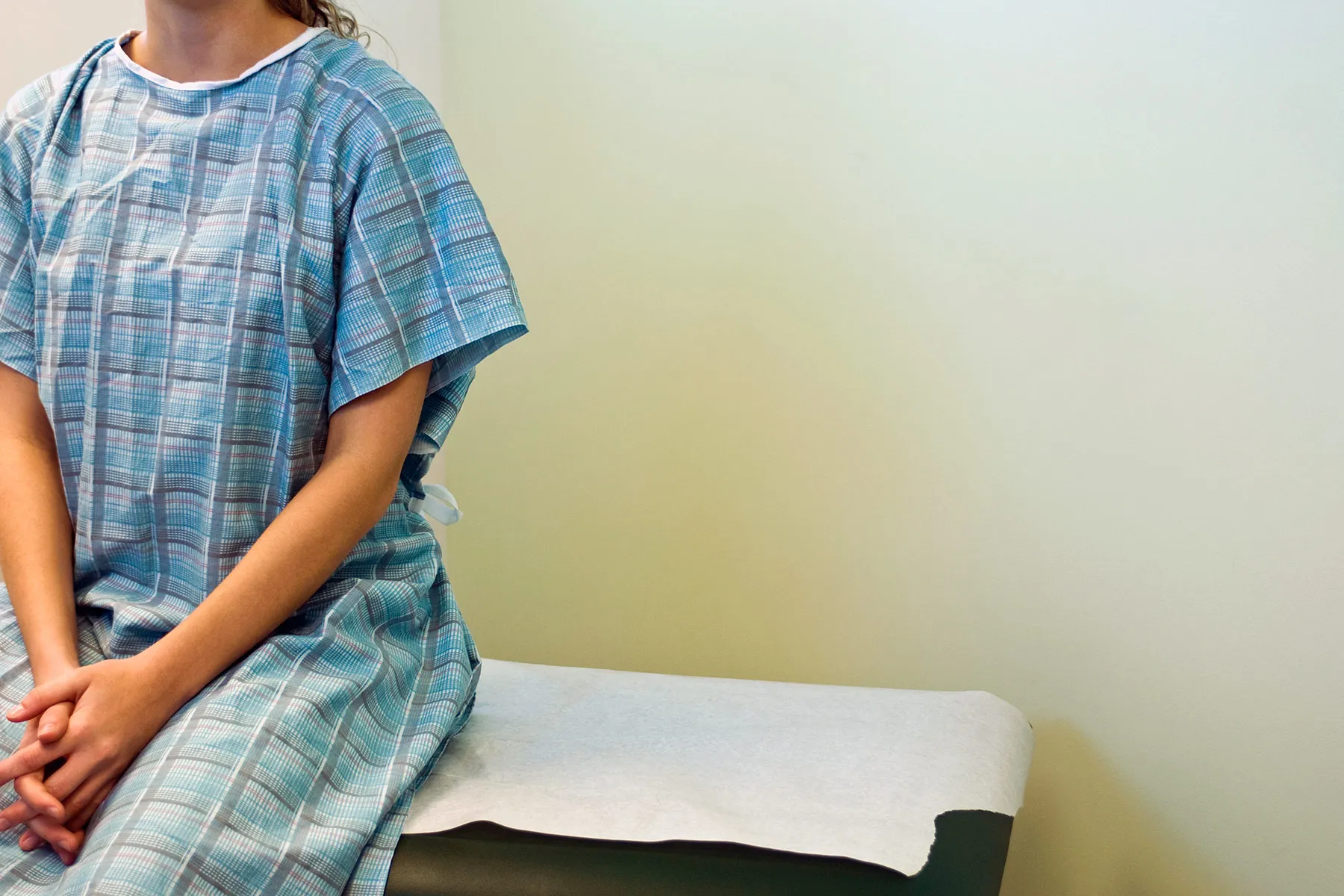Laboratory testing has shown that norovirus is behind dozens of illnesses among students and staff at Georgetown University in Washington D.C.
University officials have been working with public health officials since Sept. 21 when about a dozen students reported symptoms consistent with foodborne illnesses, specifically norovirus.
“On Friday evening, our facilities team began deep cleaning and sanitizing of rooms of affected individuals and all common or shared spaces in our campus residential facilities. They have completed 46 student rooms and will be continuing cleaning throughout the day on Saturday (Sept. 25),” according to a statement from university officials.
“We are also extending the hours of our quarantine meal delivery service to 8 p.m. so students can receive nutrition and hydration while limiting their exposure to others. Affected students may request general support, including meal delivery and hydration, by attesting to their symptoms via GU360.”
“If you are unwell, please stay home, avoid social gatherings or events, and do not attend class or arrive for work. Please report any symptoms via the GU360 Daily Health Attestation.”
As of Sept. 24 the university was reporting illnesses among 62 students, staff and “community members.” On Sept. 21 the school was reporting 12 students had reported symptoms. No one has required hospitalization, but some people have received hydration treatments.
“As of 10 a.m. this morning, (Washington) D.C. Health has collected 62 surveys from students and community members reporting symptoms,” according to a statement from the university on Sept. 21.
Symptoms reported include severe stomach pain, nausea, vomiting and diarrhea, which are commonly associated with Salmonella, norovirus and other foodborne pathogens.
On Sept. 22 the school reported it had removed pre-packaged and pre-washed food items that are commonly associated with foodborne illnesses from its dining facilities and continued additional cleaning and disinfection of residence halls and dining areas.
University officials say the symptoms presented by the sick people are not those of COVID-19 patients and that it is believed that the illnesses are from an infectious organism.
(To sign up for a free subscription to Food Safety News, click here.)
Note: This article have been indexed to our site. We do not claim ownership or copyright of any of the content above. To see the article at original source Click Here













